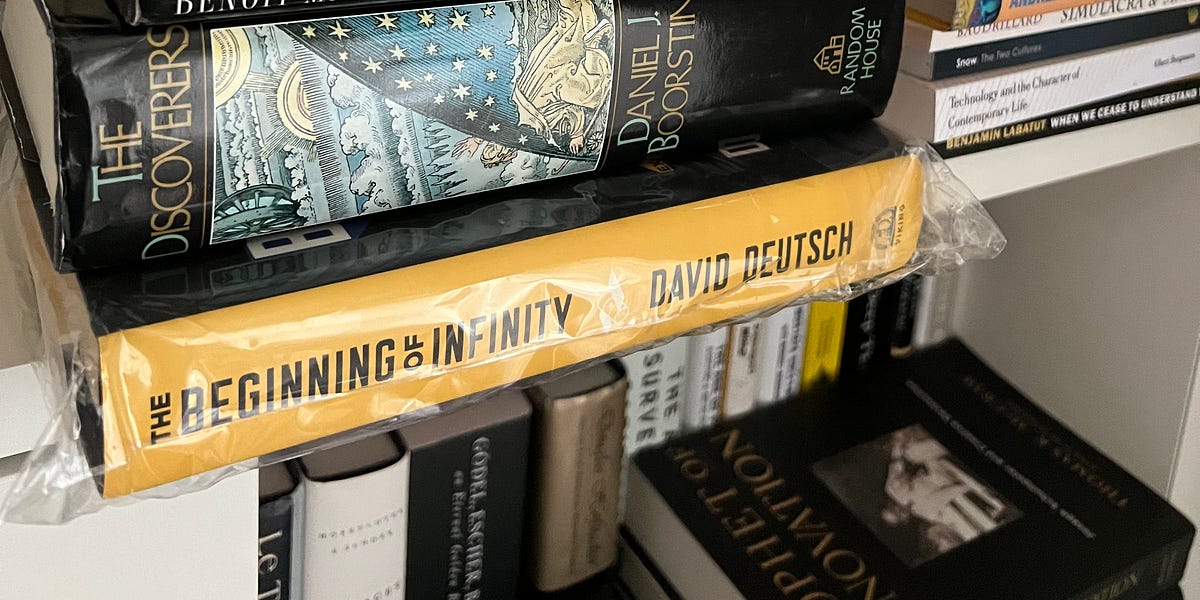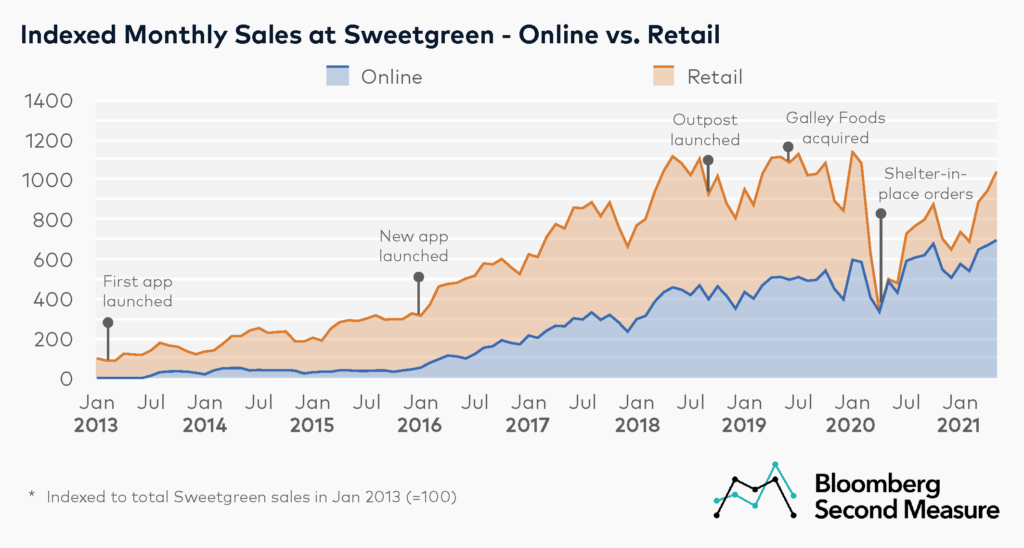
The One Percent Rule
This is part of a series of classic science books that I think should be widely read to help us have a better understanding of the world we live in, and of each other.
I read the book Chaos: Making a New Science, by James Gleick every couple of years. I even keep a first edition protected in its wrapping, it is such an important book that helped shape my thinking of the world. The dynamic writing of Gleick invites us into the complex alleys of chaos theory, and believe me there are many, it is an area of study that has upended traditional paradigms of predictability and order. This is a book that is not merely a history of a scientific concept but a tribute to those wise people who dared to defy the certainty of their times. Published in 1987, Gleick's narrative is as much about the science as it is about the enigmatic individuals whose curiosity led them to the heart of the unpredictable. Gleick presents a portrait of chaos as an elegant rebellion against the Newtonian worldview, revealing the profound order hidden within apparent randomness.
The story of chaos theory is not confined to laboratories or equations, it is the story of its protagonists. Gleick evokes the intellectual daring of figures like Edward Lorenz, a meteorologist who stumbled upon chaos while trying to predict the weather, and Benoit Mandelbrot, the father of fractals, whose audacity turned jagged coastline measurements into an entirely new way of viewing geometry. These scientists were iconoclasts, undeterred by the scorn of colleagues who clung to the linear, the predictable, and the comfortable. Lorenz's discovery, a seemingly innocuous realization that tiny changes in initial conditions could lead to vastly different outcomes, echoed through the scientific world like a thunderclap, forever altering our concept of causality.


















/cdn.vox-cdn.com/uploads/chorus_asset/file/25721493/Gb3zWbGbwAA5UAk.jpeg)








